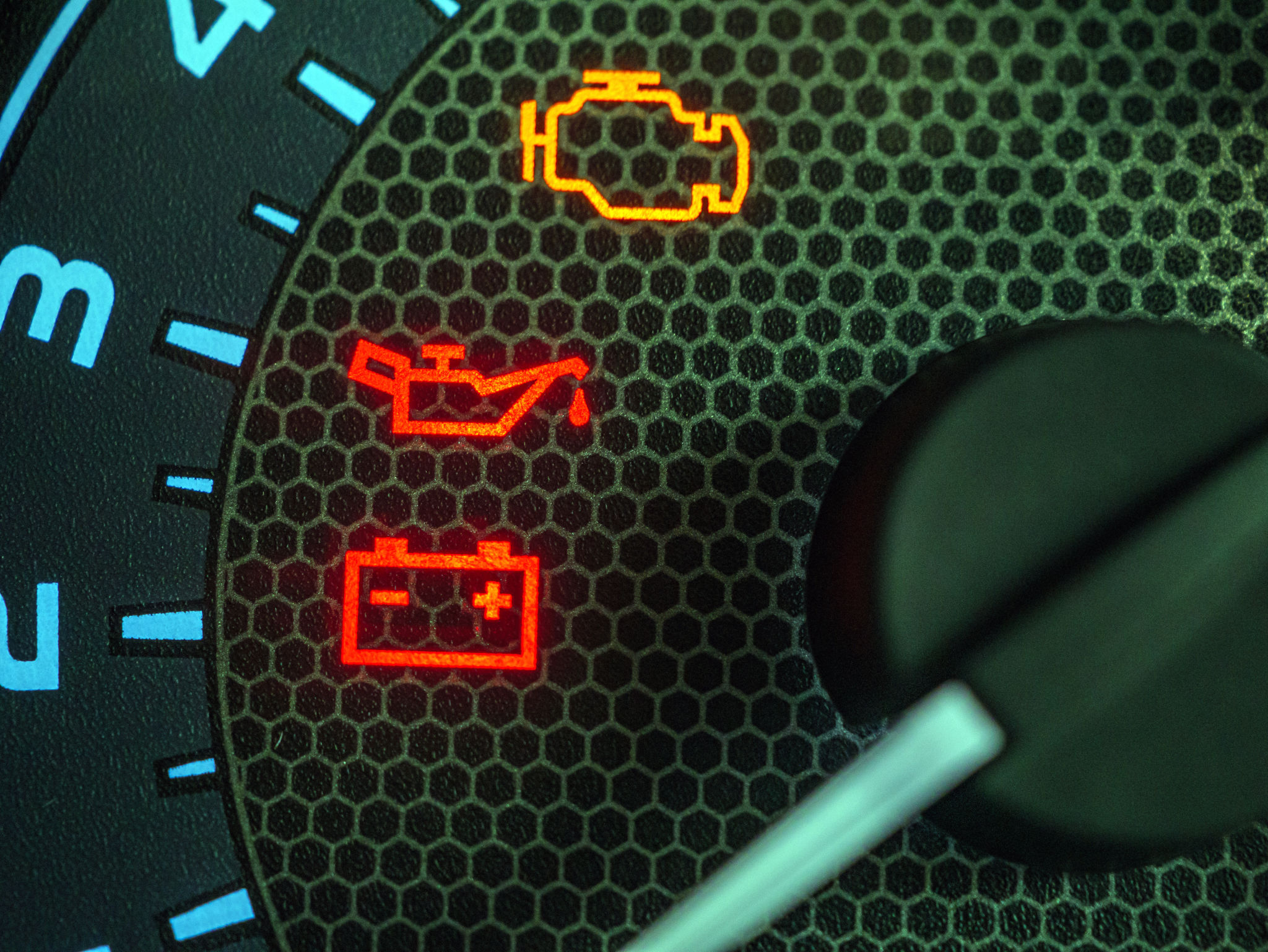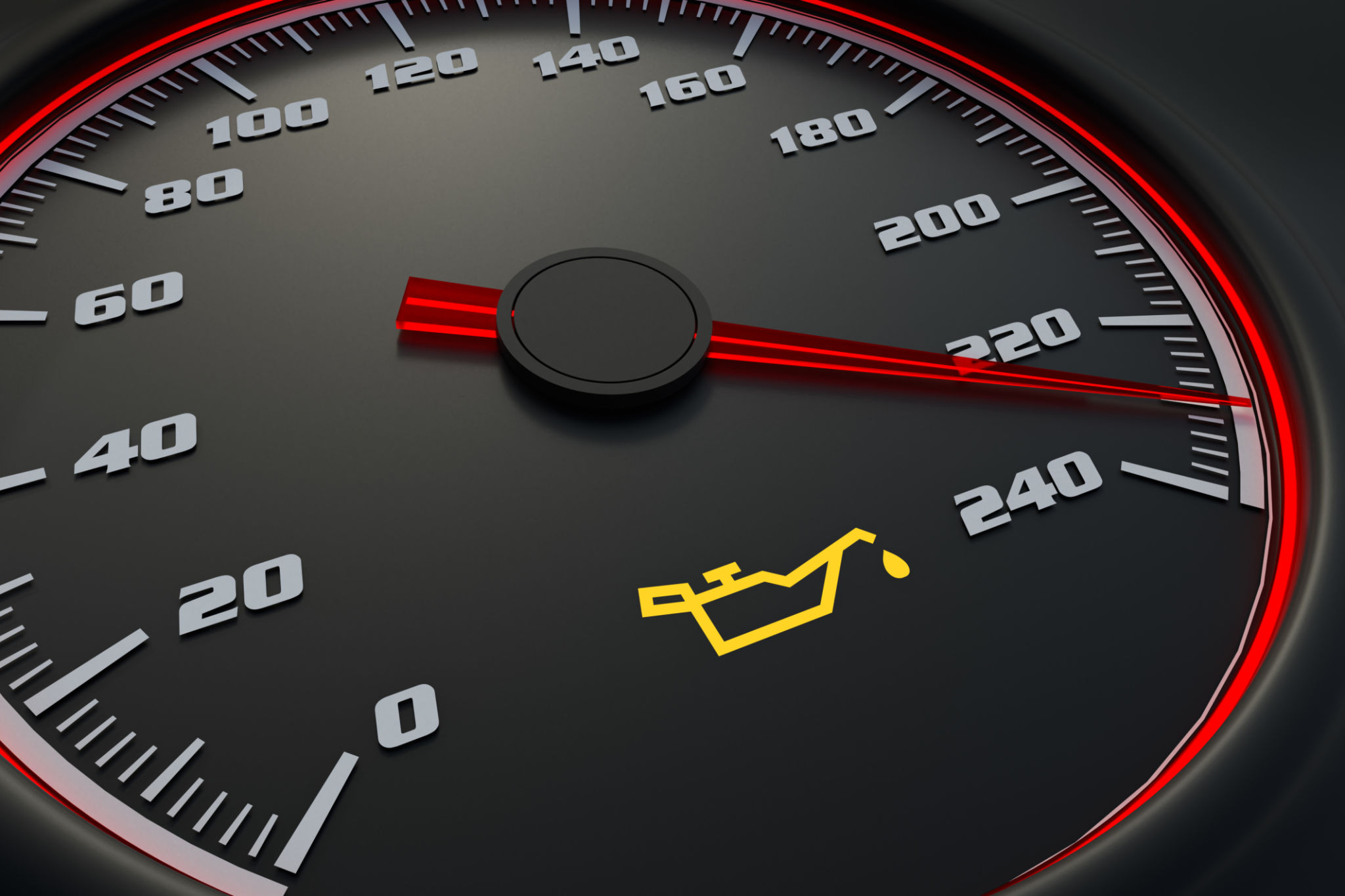The Role of Weather in Vehicle Warning Light Activations: A South Gloucestershire Perspective
Understanding Vehicle Warning Lights
Vehicle warning lights are crucial indicators designed to alert drivers about potential issues with their cars. These lights can be triggered by a variety of factors, including mechanical problems, electrical faults, and sometimes, even weather conditions. In South Gloucestershire, where the climate can be quite unpredictable, understanding how weather impacts these warning lights is essential for safe driving.

How Weather Affects Vehicle Systems
Weather conditions can directly influence your vehicle's systems. For instance, cold temperatures can cause battery performance to drop, leading to warning lights being activated. Similarly, heavy rainfall or snow can affect tire pressure and sensor functionality, causing alerts to appear on the dashboard. It's important for drivers in South Gloucestershire to be aware of these potential impacts, especially during the winter months.
Moreover, humidity levels can also play a role. High humidity can lead to moisture accumulation in various vehicle systems, potentially causing electrical issues that trigger warning lights. Regular maintenance checks are key to preventing such problems and ensuring that your vehicle remains in optimal condition regardless of the weather.
Common Weather-Related Warning Lights
There are several warning lights that may be more likely to activate due to weather conditions:
- Battery Warning Light: Cold weather can drain battery power, leading to activation of this light.
- Tire Pressure Monitoring Light: Changes in temperature can affect tire pressure, a common issue in fluctuating weather.
- Engine Temperature Light: Extremely hot or cold temperatures can cause engine overheating or cooling system failures.

Troubleshooting Weather-Induced Warnings
When a warning light is activated, it's important to address it promptly. Start by checking the vehicle's manual for guidance on specific warning lights. In some cases, a simple adjustment such as inflating tires or checking fluid levels may resolve the issue. However, if the problem persists, seeking professional assistance is advisable.
South Gloucestershire drivers should consider keeping emergency supplies in their vehicles, such as a portable tire inflator and jumper cables, particularly during adverse weather conditions. These tools can help manage minor issues on the road and prevent further complications.
Preventive Measures for South Gloucestershire Drivers
To minimize the impact of weather on vehicle warning lights, routine maintenance is crucial. Regularly scheduled inspections can help identify potential problems before they become serious issues. Pay special attention to the vehicle's battery, brakes, tires, and fluid levels, as these are commonly affected by changing weather conditions.

Additionally, consider investing in quality all-weather tires that are suitable for South Gloucestershire's diverse climate. These tires can provide better traction and stability in varying weather conditions, reducing the likelihood of weather-related warning light activations.
The Importance of Staying Informed
Staying informed about local weather forecasts can also help drivers anticipate and prepare for conditions that may affect their vehicles. By understanding the connection between weather and vehicle performance, South Gloucestershire drivers can take proactive steps to ensure their safety on the road.
In conclusion, while vehicle warning lights serve as essential safety features, understanding their relationship with weather conditions is crucial for drivers. By staying informed and taking preventive measures, South Gloucestershire drivers can better manage their vehicles' performance and ensure a safer driving experience.
